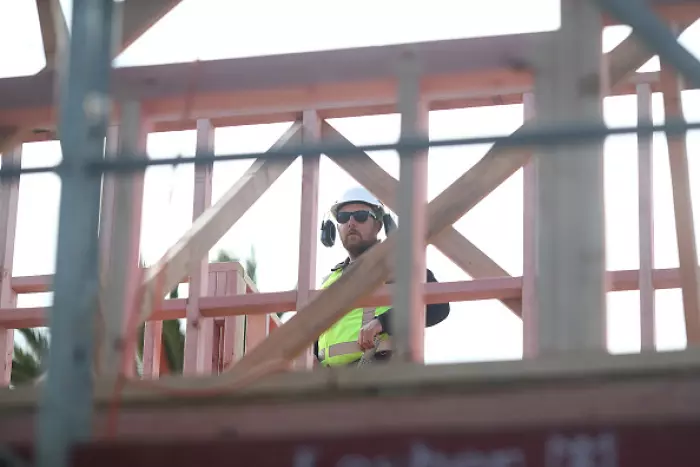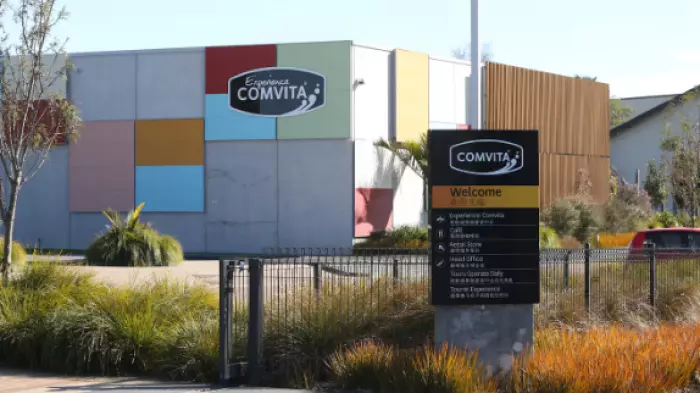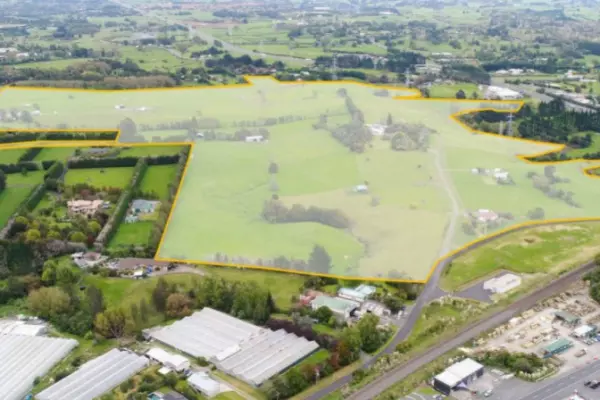Corporate, retirement village and franchise builders continue to lead the residential building race with Fletcher Living retaining its pole position as the country’s most active builder by value.
The residential arm of New Zealand stock exchange-listed Fletcher Building – the country's biggest construction and building materials company – boasts $2.35 billion either in progress or in the planning stage, according to the latest ranking by construction research firm Pacifecon.
Retirement village operators Summerset Group and Ryman Healthcare, at $1.5b and $1.3b respectively, have relegated franchise builder GJ Gardner Homes, at $1.2b, into fourth place.
Mike Greer Homes held steady in fifth position with $1.0b on its books covering the 12-month period to March 2023.
Franchise builder Jennian Homes finished in seventh place in the rankings at $801.8 million in value, though its 6,925 dwellings – which it pegs at an average project value of $2.1m – dwarfs Fletcher Living’s 4,991 properties. Fletcher's average project value is at a higher $10.6m.
In terms of projects – including multi-unit or units – the franchise companies remain dominant, topped by GJ Gardner at 884 projects, Signature Homes at 513, Golden Homes at 465, Jennian at 377 and Mike Greer at 341 developments.
Consents down
And while consents have come off the boil over the past year, seeing 4,621 fewer residential consent applications for the 12 months to April 2023 – down 9.1% to 45,962 on the prior year – there is still a significant level of work in the pipeline on the strength of a pandemic building frenzy brought on largely by record low interest rates.
The research ranks the country’s top 200 builders on a ratio of 86.7% of projects having been completed by March 2023, with 13.3% in the planning stage.
By value, that’s at 51.8% historical and 48.2% planned, which the consultancy said reflected the higher value of retirement projects and the increased number of multi-unit and larger residential developments, most of which were in Auckland.
The total build value across the nation’s top 200 residential builders is listed at $32.5b, up 9% on the prior year – roughly equating to the impacts of construction cost inflation. Of that, $15.7b is still in the planning stages.
That encompasses a combined 52,077 units across a combined 8,832 projects.
Easing demand pressures
In total, Pacifecon lists 1,990 projects that have reached the construction phase, valued at $4.1b.
About a quarter of that by value, at $1.2b, is across 456 projects kicking off in Auckland. Across the board, there are now 20,884 projects held in the NZ building pipeline, valued at $354b.
Meanwhile, there are signs that construction costs are easing, with the latest Cordell construction cost index report noting an annual growth rate of 8.5% for the three months to March, down on the record high of 10.5% across the last two years.
CoreLogic chief property economist Kelvin Davidson said the drop in new home consent numbers could be contributing to the easing in demand pressures.
"Availability of materials such as plasterboard has improved, timber prices have also stabilised to some degree, especially structural timber. Metal components are showing a similarly flatter trend for prices too,” Davidson said.
He said while it was difficult to judge how construction costs might evolve in 2023, the widespread devastation caused by cyclone Gabrielle and “rebuild requirements were yet to be seen and may place new upwards pressure on construction costs as resources are redirected to that work”.














